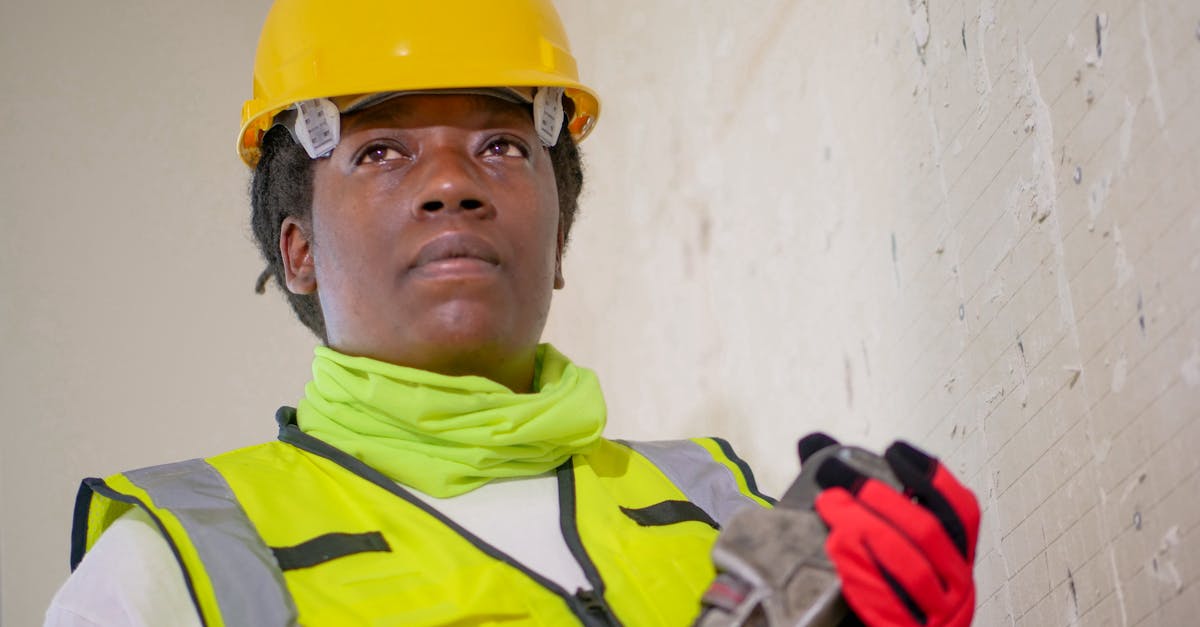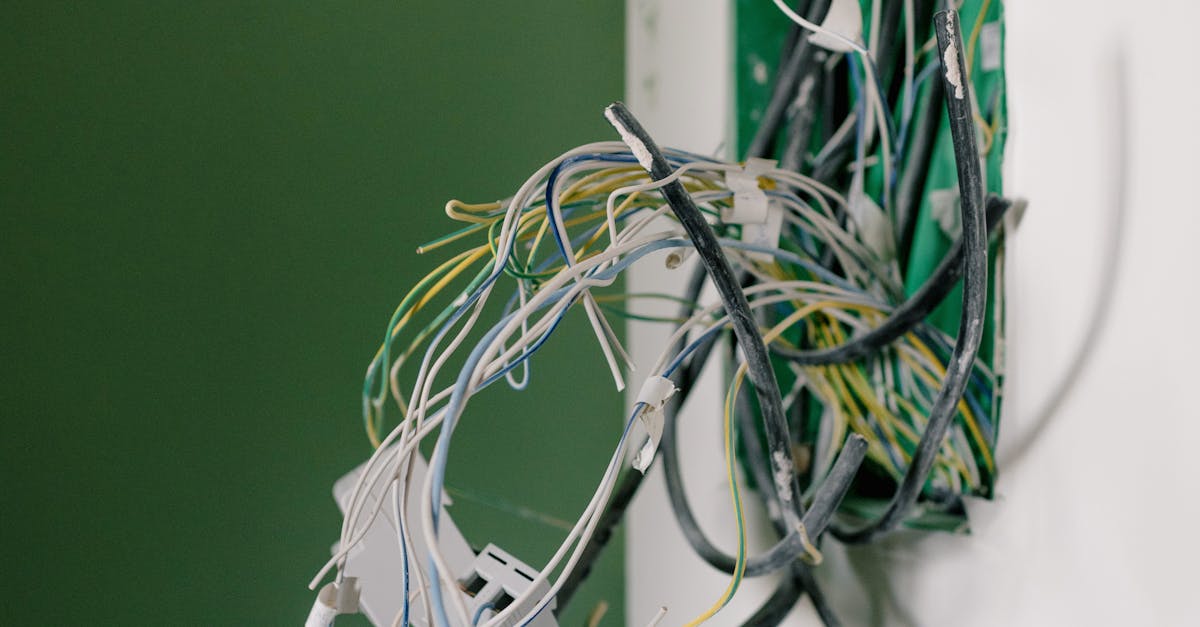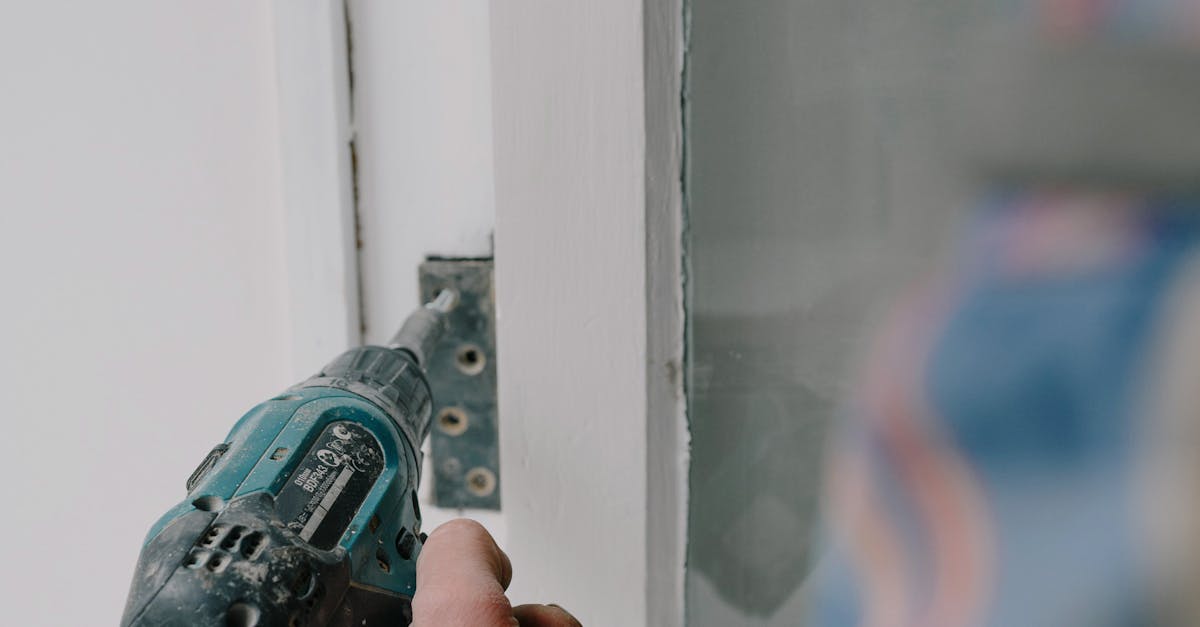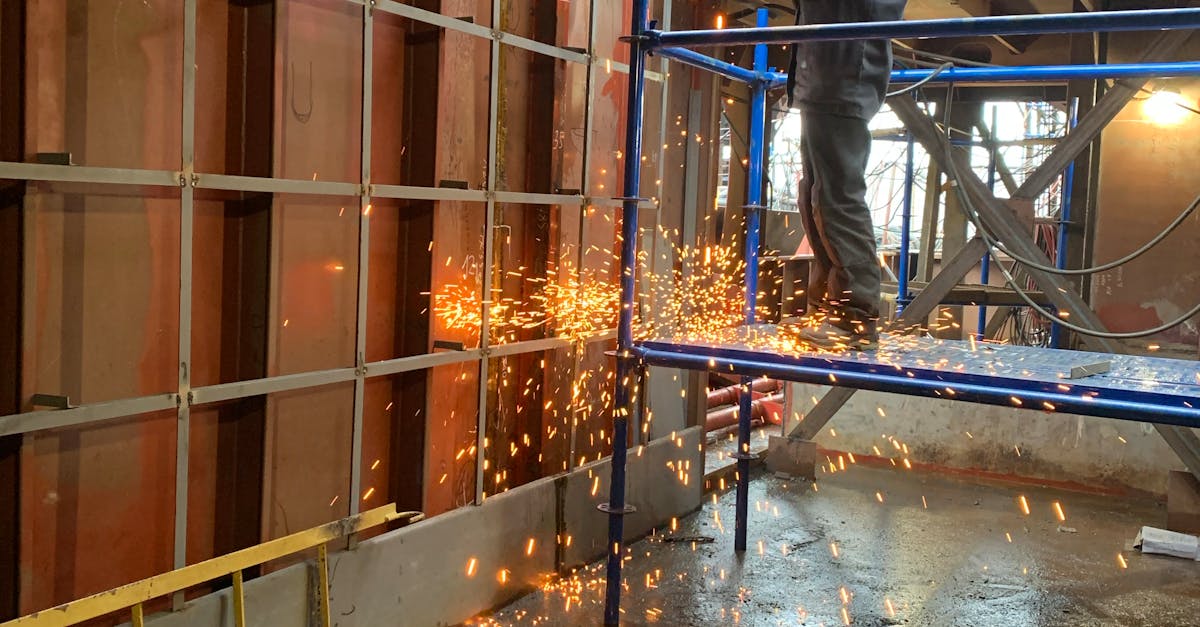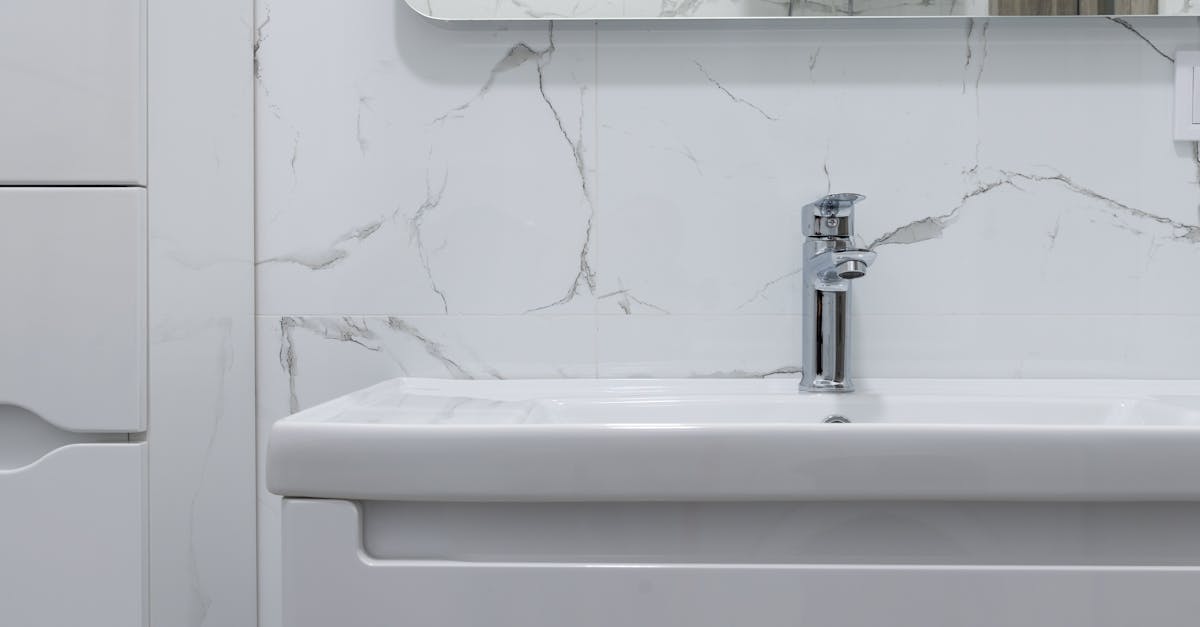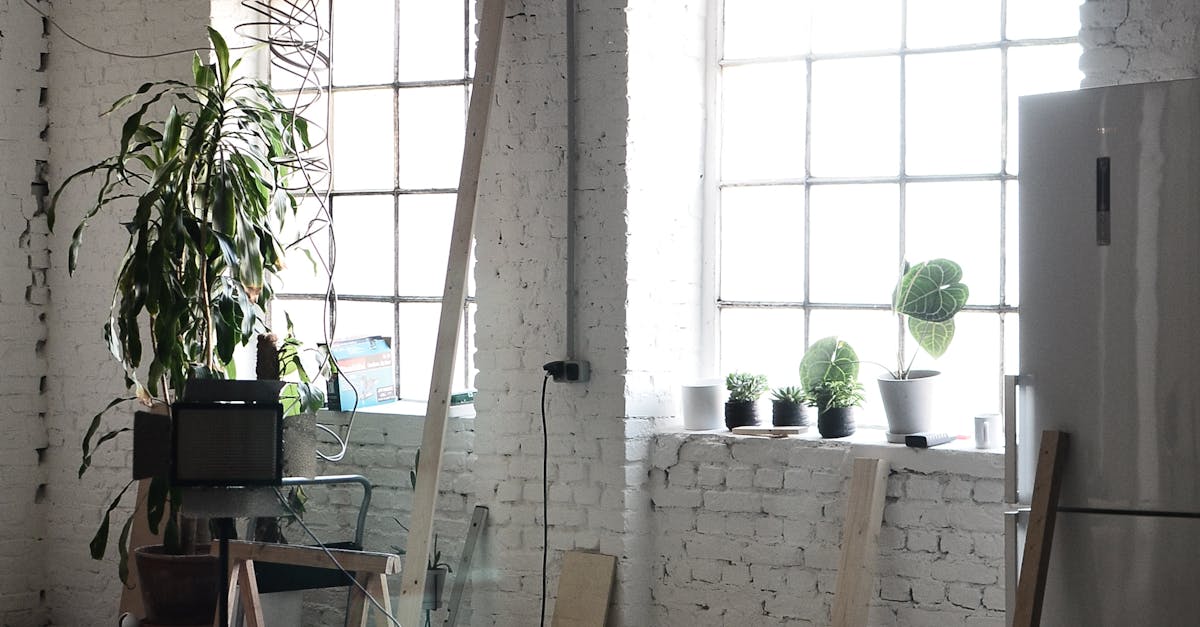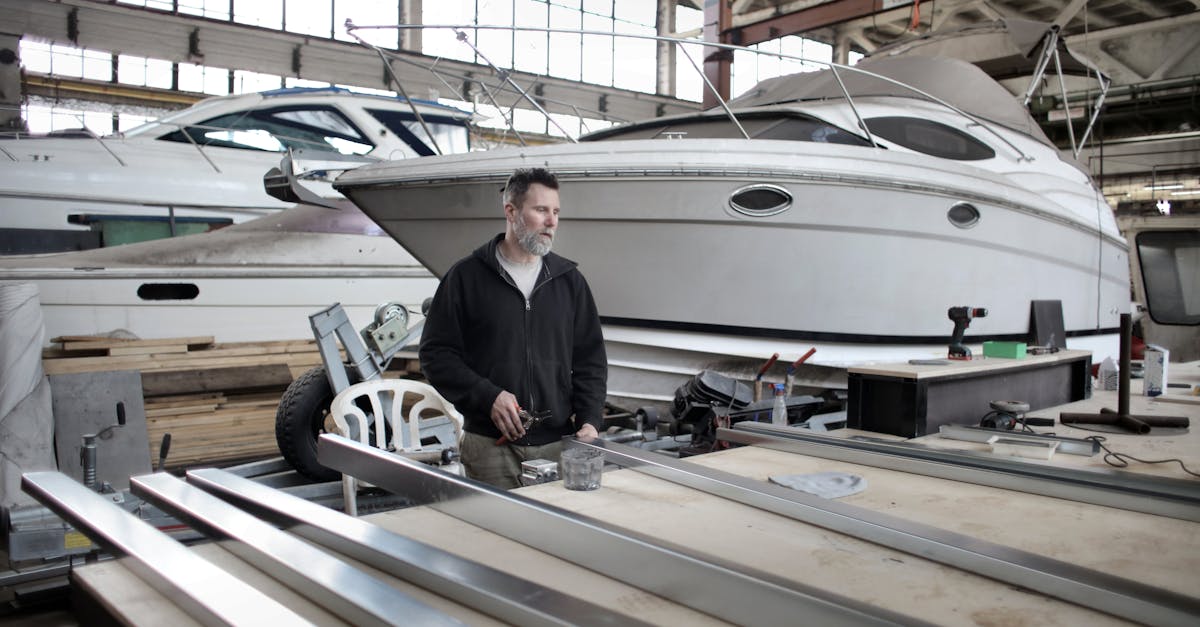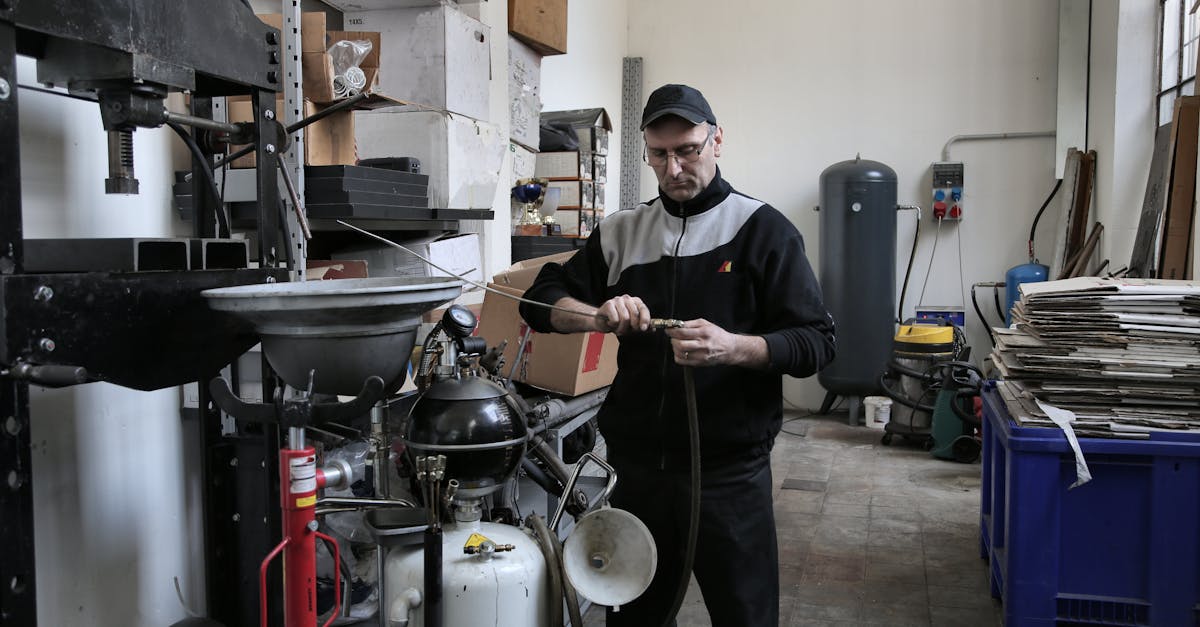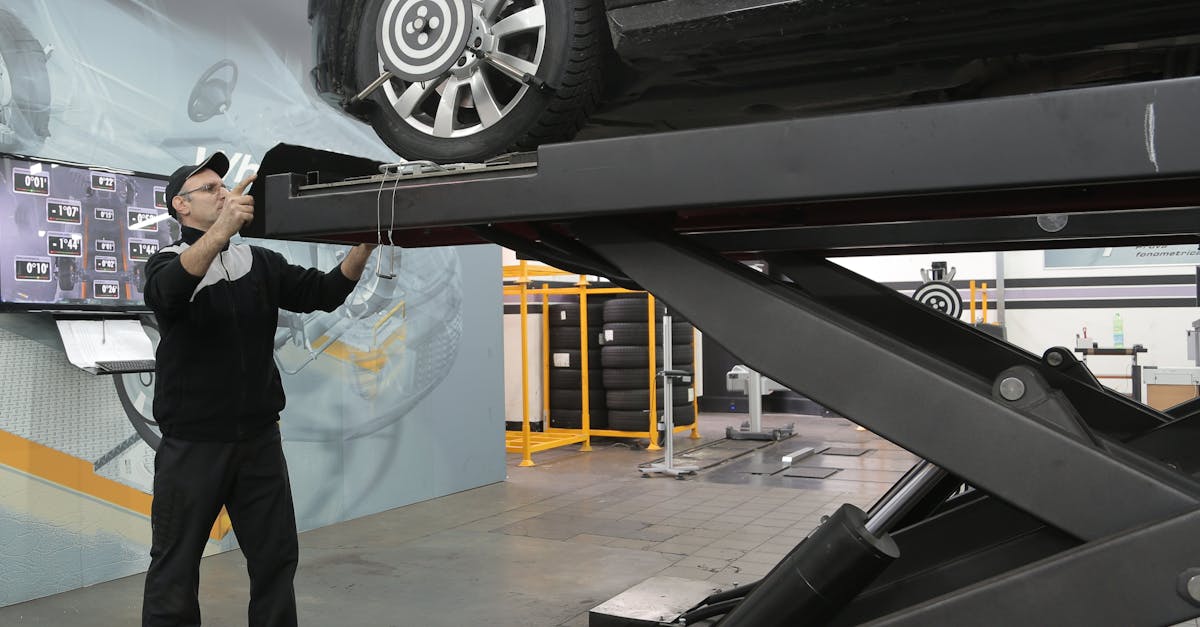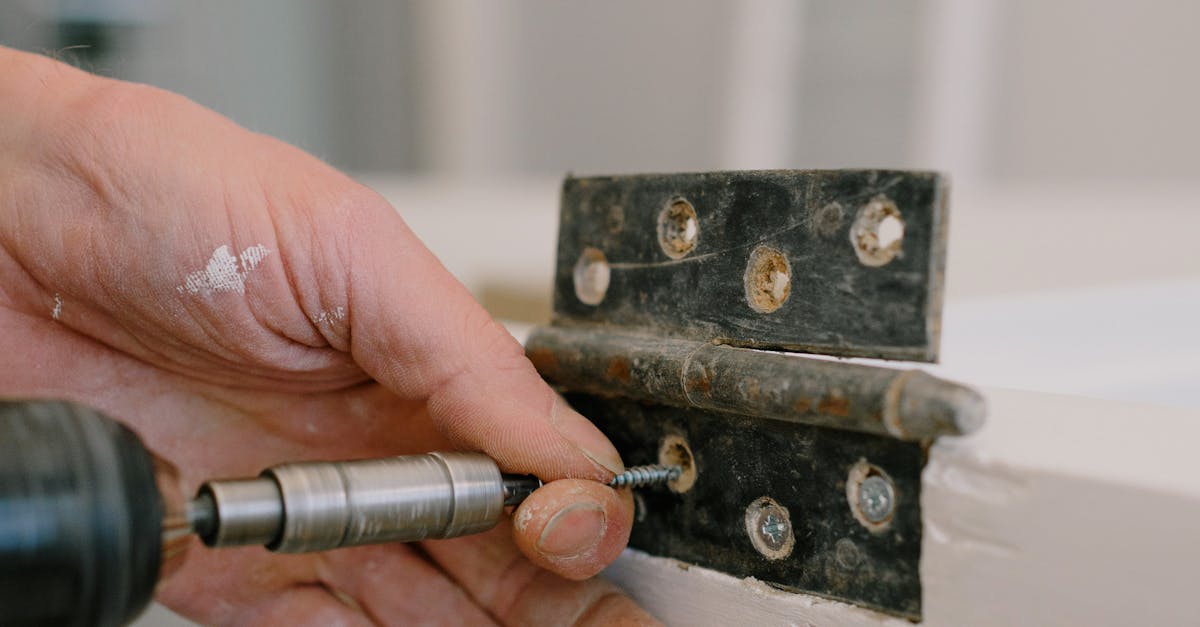
Table Of Contents
Importance of Regular Maintenance
Regular maintenance of water heaters is crucial for ensuring their optimal performance and extending their lifespan. A well-maintained system increases energy efficiency, which can lead to lower utility bills. It also reduces the risk of unexpected breakdowns that can occur due to wear and tear over time. Water heater installation and repair are significant investments, and neglecting regular checks can result in premature failure, necessitating costly replacements.
Implementing a routine maintenance schedule allows homeowners to identify potential issues early. This proactive approach can prevent more serious problems that might arise from minor issues being overlooked. Regular inspections help maintain efficiency and contribute to the overall safety of the home. Proper care ensures that the water heater operates effectively, providing hot water as needed without unnecessary interruptions.
Recommended Maintenance Practices
Regular maintenance is essential to prolong the life of your water heater. One effective practice is flushing the tank annually. This helps remove sediment build-up, which can impair efficiency and lead to corrosion. Inspecting the sacrificial anode rod every couple of years is also recommended. Replacing this rod when necessary can significantly enhance the lifespan of the heater.
In addition to these practices, it's advisable to check the pressure relief valve periodically. This ensures it functions correctly and prevents excessive pressure from building up inside the tank. Scheduling professional servicing for water heater installation and repair can also catch potential issues early. Staying proactive with maintenance will minimise the risk of unexpected breakdowns and extend the operational life of your unit.
Signs Your Water Heater Needs Replacement
Identifying when a water heater requires replacement can save homeowners from further inconvenience and unexpected costs. Frequent leaks, rust around the unit, and a noticeable reduction in hot water availability are all clear indicators that the system may be nearing the end of its functional life. Older models, particularly those more than a decade old, often struggle to meet household demands efficiently. Regular checks can help spot these issues early and determine if it’s time to consider water heater installation and repair.
In addition to physical signs, certain performance changes should raise alarms. If the heater creates unusual noises such as popping or rumbling, it could indicate sediment buildup that compromises efficiency. Discoloured water or an unpleasant smell can suggest corrosion within the tank or bacteria growth. Homeowners must pay close attention to these warning signs to ensure safety and reliability in their hot water supply. Making timely decisions about water heater installation and repair can lead to more energy-efficient options that enhance comfort and reduce running costs in the long run.
Common Warning Indicators
Several common warning indicators can suggest that your water heater may be nearing the end of its lifespan. Unusual noises, such as popping or rumbling sounds, often signal sediment build-up within the tank. Additionally, leaks around the water heater base can indicate corrosion or other structural issues. These signs can lead to more severe problems if not addressed promptly, emphasising the importance of monitoring your unit's performance regularly.
Fluctuating water temperature is another concern that should not be overlooked. If you experience inconsistent heating or notice that the water isn't getting as hot as it used to, this may indicate a failing heating element or thermostat. Such issues can escalate quickly, potentially leading to complete breakdowns. Consulting a professional for water heater installation and repair becomes crucial during these instances to ensure safety and efficiency in your home.
Environmental Impact of Water Heater Lifespan
The lifespan of water heaters significantly influences overall environmental sustainability. Older models tend to be less energy-efficient, contributing to increased greenhouse gas emissions. In contrast, modern water heaters often feature improved technology and insulation, which can lead to lower energy consumption over time. The choice of a water heater, along with its maintenance, affects the carbon footprint associated with residential hot water use.
Water heater installation and repair also play a crucial role in determining environmental impacts. Frequent breakdowns or inefficient operation not only increase energy costs for households but can also lead to a greater demand for resources during the manufacturing and disposal of these units. Selecting an energy-efficient model and ensuring it is properly maintained extend its life, ultimately reducing the environmental burden through less waste and lower energy consumption.
Energy Efficiency Considerations
Energy efficiency is a crucial factor when selecting a water heater, as it directly impacts both energy bills and environmental sustainability. Many modern units feature advanced technologies that significantly enhance their efficiency. For instance, heat pump water heaters utilise ambient air to heat water, resulting in lower energy consumption compared to traditional electric models. Investing in an efficient system not only reduces operational costs but also aligns with broader cleaning initiatives aimed at decreasing emissions.
When considering water heater installation and repair, it's essential to investigate the energy rating of the units available. Energy Star ratings can guide consumers towards making informed decisions. Additionally, regular maintenance optimises performance, ensuring that the unit operates at peak efficiency. An inefficient water heater can lead to higher energy costs over time, making it vital to prioritise both the selection of energy-efficient models and proper upkeep.
FAQS
What is the average lifespan of a water heater in New South Wales?
The average lifespan of a water heater in New South Wales typically ranges between 8 to 12 years, depending on the type, maintenance, and usage.
How often should I perform maintenance on my water heater?
It is recommended to perform maintenance on your water heater at least once a year to ensure optimal performance and prolong its lifespan.
What are the signs that my water heater needs to be replaced?
Common signs that your water heater may need replacement include inconsistent water temperature, leaks around the unit, unusual noises, or significant rusting.
How can I improve the energy efficiency of my water heater?
To improve energy efficiency, consider insulating the heater, checking for and fixing leaks, using a timer for heating, and choosing energy-efficient models when replacing.
What environmental impacts are associated with older water heaters?
Older water heaters tend to be less energy-efficient, leading to higher energy consumption and increased greenhouse gas emissions, which can negatively affect the environment.
